The Proverbs of Hell 3/39: Potage
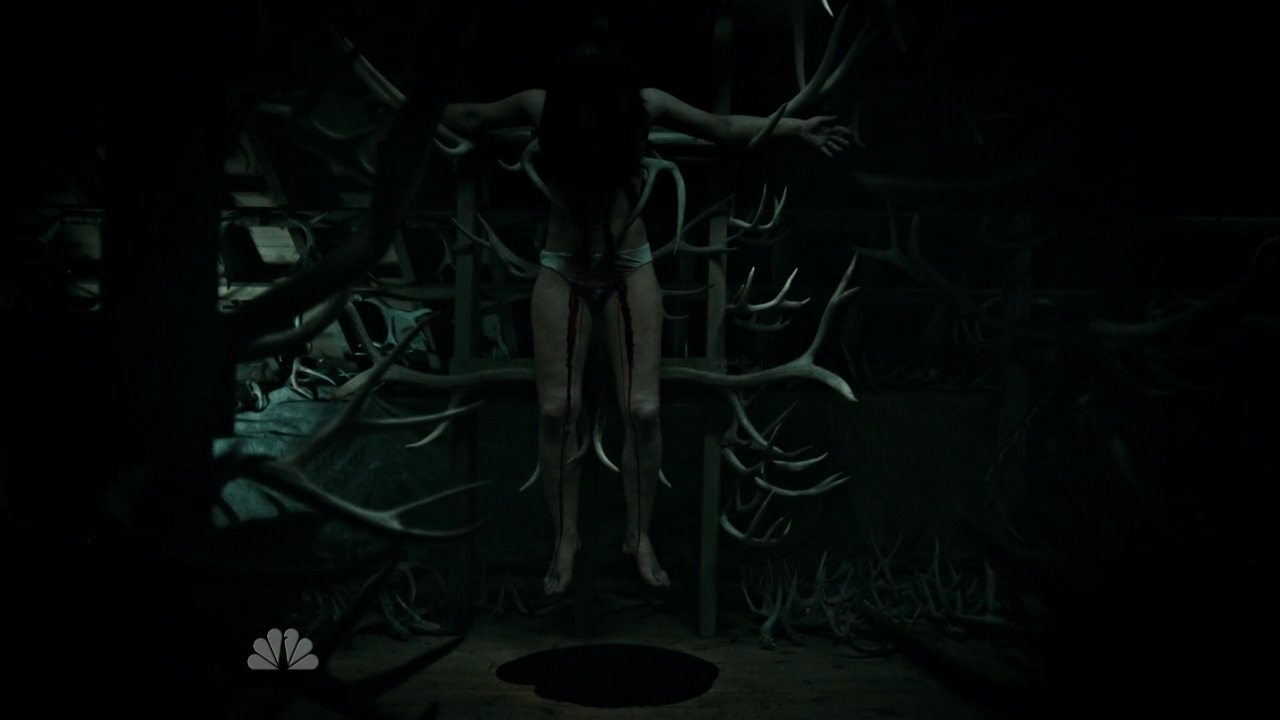 POTAGE: A thick soup, and a rather striking shift in the heartiness of courses that would probably destabilize a meal coming before egg and oyster courses. In this case, it flags the fact that this is an episode concerned entirely with the larger arc as opposed to with a killer-of-the-week.
POTAGE: A thick soup, and a rather striking shift in the heartiness of courses that would probably destabilize a meal coming before egg and oyster courses. In this case, it flags the fact that this is an episode concerned entirely with the larger arc as opposed to with a killer-of-the-week.
WILL GRAHAM: I like you as a buffer. I also like the way you rattle Jack. He respects you too much to yell at you no matter how much he wants to.
ALANA BLOOM: And I take advantage of that.
For all the problems with her character (see next note), Alana is quickly established as intelligent and competent. But even here there’s a certain drabness to her effectiveness, which stems at best from authorial fiat and at worst because he’s unwilling to yell at a woman. And given Jack’s relationships with other female characters, at worst is more likely. As for Alanna taking advantage, well, it’s tough to identify when she does this as opposed to either going along with Jack or protesting ineffectually.
ALANA BLOOM: Brought you some clothes. Thought a change would feel good. I guessed your size. Anything you don’t want keep the tags on. I’ll return it. And I brought you some music, too.
ABIGAIL: Your music?
ALANA BLOOM: If there isn’t anything you like, I got a stack of iTunes gift cards. I’ve got a stack of gift cards. I don’t do well redeeming gift cards.
ABIGAIL: Probably says something about you.
ALANA BLOOM: Probably does.
But what? To some extent this question has no answer. Alanna is after allthe show’s great cipher, a character whose purpose is first to prevent the show from being a complete sausage festival (quite the job), and second to be whatever else the show happens to need. This sort of characterization gestures broadly to the motiveless quirkiness of the Manic Pixie Dream Girl, a role Caroline Dhavernas and Bryan Fuller had already explored and complicated more than a decade earlier in Wonderfalls. Hannibal, however, is not a place where pixies thrive, and these traits never quite add up to anything sensible.
ABIGAIL HOBBS: I don’t know how I’m going to feel about eating her after all this.
GARRET JACOB HOBBS: Eating her is honoring her. Otherwise it’s just murder.
The obvious reaction to this is the oft-giffed “cool motive, still murder” bit of Brooklyn Nine-Nine, but that’s manifestly not the ethical system Hannibal means to be working under. This is played as a desperate justification, a point emphasized by the original script, which had Elise Nichols’s body visibly mounted on the wall in this scene, thus moving the revelation that Abigail knew what her father was up to forward by several episodes. But the scene also plays Abigail and her father’s relationship as one with real tenderness, affection, and love. As before, the show is taking the idea that his cannibalism is a means of honoring his victims utterly seriously. Garret Jacob Hobbs isn’t wrong to insist that what he does isn’t “just murder.” …

 No proper post today, sadly. Too busy. There is some more stuff in the pipeline, and it’s not all about Rogue One. But for today you’ll have to be content with a round-up of recent podcasts of mine.
No proper post today, sadly. Too busy. There is some more stuff in the pipeline, and it’s not all about Rogue One. But for today you’ll have to be content with a round-up of recent podcasts of mine. If you enjoy seeing me talk about video games, might I direct you to
If you enjoy seeing me talk about video games, might I direct you to 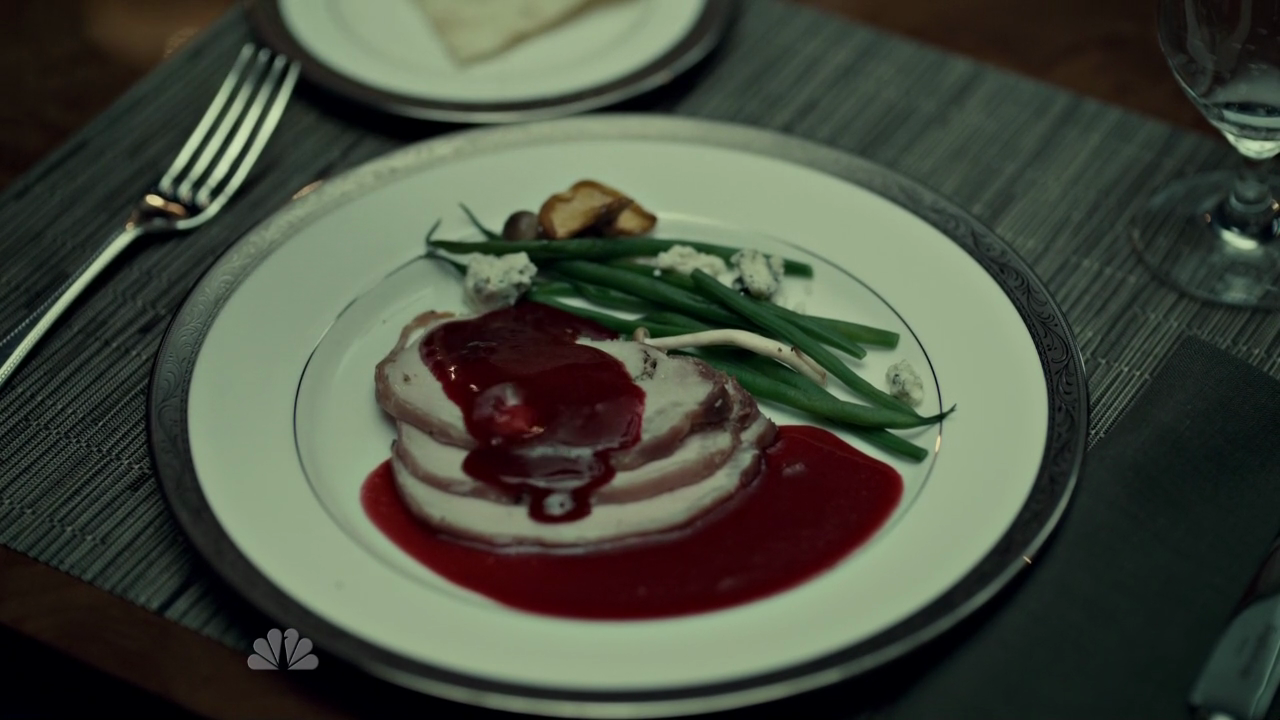 We’re currently $11 shy of Doctor Who Season Ten reviews on Patreon, and $31 shy of podcasts. It’s probably not quite that bad, as there are some declined pledges from March that will hopefully straighten out, but if these are things you want,
We’re currently $11 shy of Doctor Who Season Ten reviews on Patreon, and $31 shy of podcasts. It’s probably not quite that bad, as there are some declined pledges from March that will hopefully straighten out, but if these are things you want, 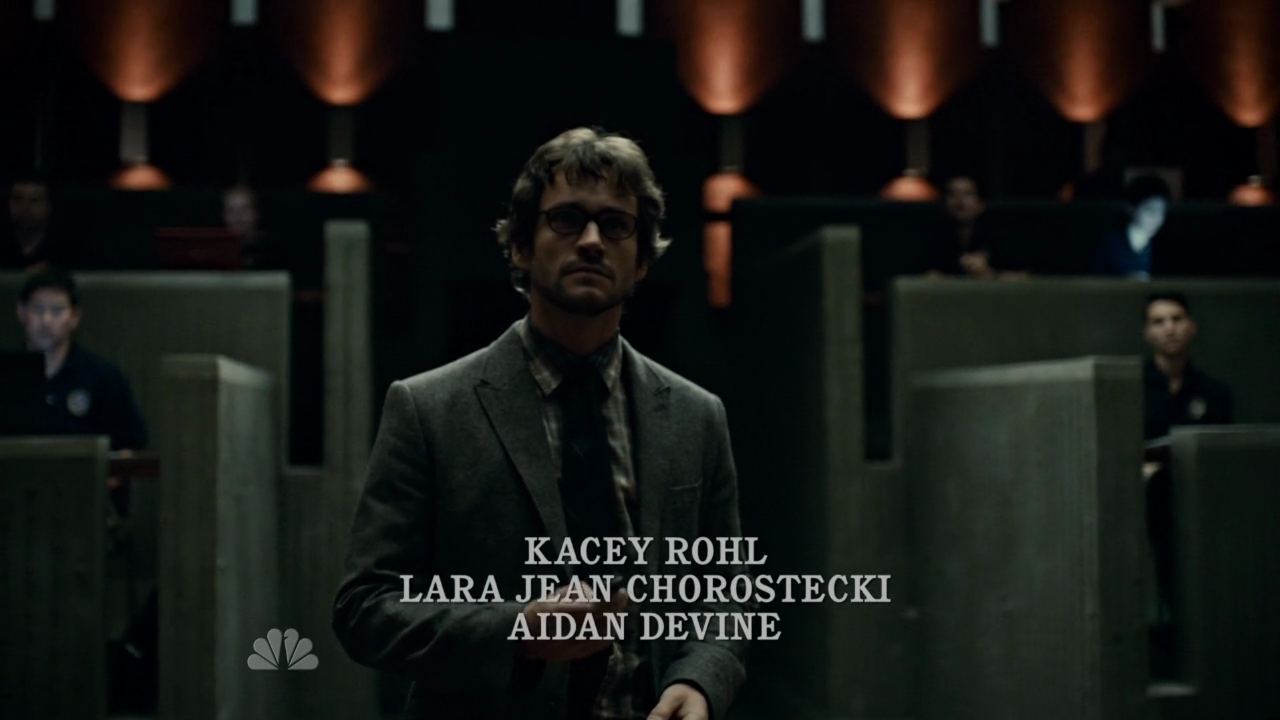


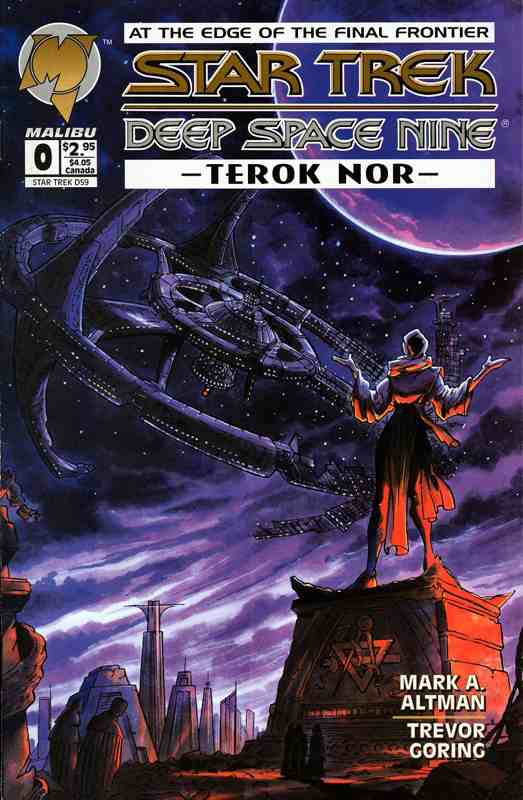 Jadzia Dax and Doctor Bashir are taking time out from a camping trip in the Bajoran wilderness to visit a museum honouring the planet’s art, history and culture. Jadzia compliments the beauty of one of the pieces, whereas Julian tries to act like an art critic to impress her with his “knowledge” of different Bajoran styles. Jadzia is exasperated and, perhaps sensing he’s fucked up, Julian changes the subject. He asks her if any of her hosts went on class field trips to museums as children. Standing atop a towering balcony, the two gaze down into the museum below, where it just so happens one such field trip is underway right now.
Jadzia Dax and Doctor Bashir are taking time out from a camping trip in the Bajoran wilderness to visit a museum honouring the planet’s art, history and culture. Jadzia compliments the beauty of one of the pieces, whereas Julian tries to act like an art critic to impress her with his “knowledge” of different Bajoran styles. Jadzia is exasperated and, perhaps sensing he’s fucked up, Julian changes the subject. He asks her if any of her hosts went on class field trips to museums as children. Standing atop a towering balcony, the two gaze down into the museum below, where it just so happens one such field trip is underway right now.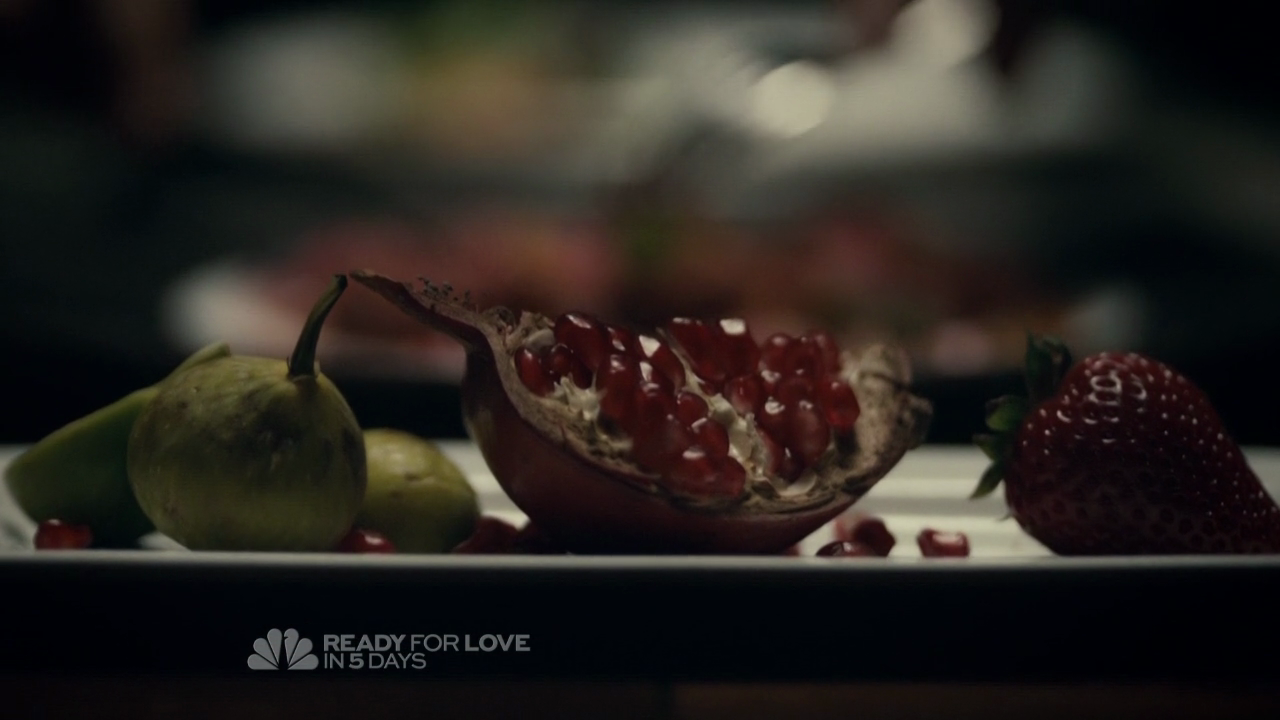 APERTIF: A pre-dinner drink to whet the appetite. In this case, it is an expansion of the Garret Jacob Hobbs case, which, in Red Dragon, is essentially presented as a precursor to a precursor, the case Will worked before Hannibal.
APERTIF: A pre-dinner drink to whet the appetite. In this case, it is an expansion of the Garret Jacob Hobbs case, which, in Red Dragon, is essentially presented as a precursor to a precursor, the case Will worked before Hannibal.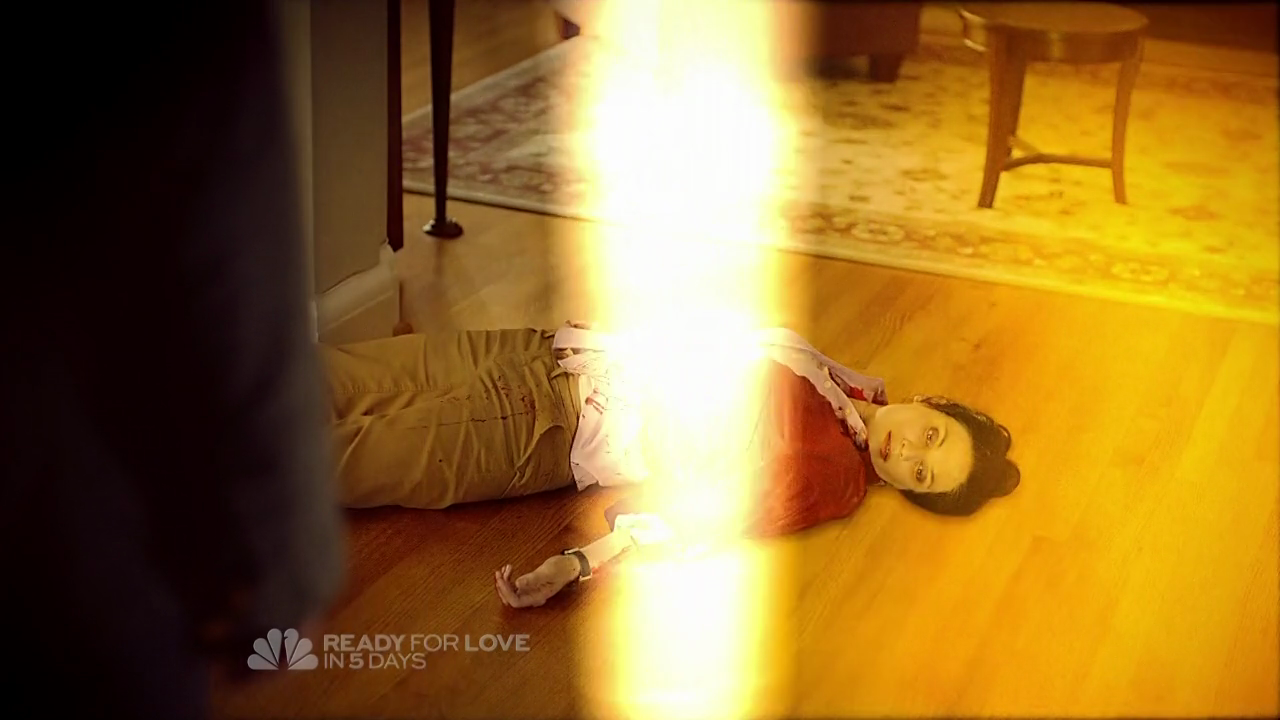
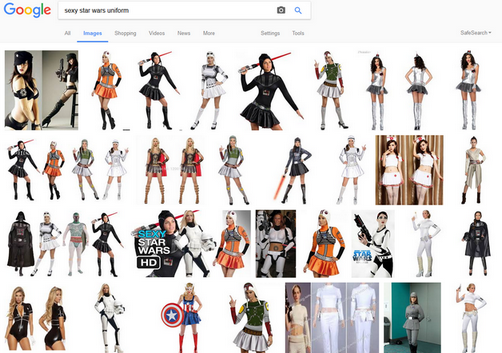 I was a guest on Daniel & Shana’s Oi! Spaceman podcast again,
I was a guest on Daniel & Shana’s Oi! Spaceman podcast again,  Returning from an exploratory mission in the Gamma Quadrant, Jadzia Dax informs us through a Science Officer’s Log that her team has discovered something unique: A mysterious blue glowing artefact of unknown origin. Also on her team aboard the runabout USS Orinoco are her erstwhile travelling companion Doctor Julian Bashir, and an operations division ensign called Jamie. Before they can dock, however, Julian gets an urgent call from Commander Sisko that he’s needed in the infirmary to tend to a medical emergency. Before he can even acknowledge, however, he’s beamed there directly from the runabout cockpit.
Returning from an exploratory mission in the Gamma Quadrant, Jadzia Dax informs us through a Science Officer’s Log that her team has discovered something unique: A mysterious blue glowing artefact of unknown origin. Also on her team aboard the runabout USS Orinoco are her erstwhile travelling companion Doctor Julian Bashir, and an operations division ensign called Jamie. Before they can dock, however, Julian gets an urgent call from Commander Sisko that he’s needed in the infirmary to tend to a medical emergency. Before he can even acknowledge, however, he’s beamed there directly from the runabout cockpit.